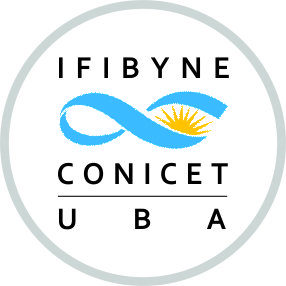We investigate how the meaning for words changed as a function of the COVID-19 pandemic. Since the start of the pandemic, familiar words such as ‘bubble’ have acquired new senses (now used to refer to a group of people with whom one has frequent social contact). A widely used tool to study internal representations and processes involved in word meaning is the word association task, in which a word (i.e., the cue) is presented and the subject has to respond with the first word that comes to mind (i.e., the response). Here we report on a large-scale experiment of word associations that already had pre-pandemic data, Small World of Words, SWoW (De Deyne et al., 2019) and analyzed the modifications in the representations of 600 words. First, we determined the frequency and entropy for ‘pandemic’ words (words that incorporated new meanings or changed their frequency) and control words that were given as responses, at two different times: before pandemic (t0) and during pandemic (t1). Preliminary results show that pandemic words present greater differences in frequencies and entropy between t0 and t1 compared to control words, showing that the former are given as a response more often and to a more heterogeneous set of cues during the pandemic. In addition, we will measure semantic similarity within each word at the two time points and predict that pandemic words will present smaller similarities between t0 and t1, compared to control words.

Menu
E-poster
Session: 4
PS4-08 | Semantic changes due to the COVID-19 pandemic from a large-scale word association study
Julieta Laurino
Instituto de Fisiología, Biología Molecular y Neurociencias (IFIByNE - UBA - CONICET)
- CABA,
- Argentina
- Julieta Laurino1
- , Simon De Deyne2
- , Álvaro Cabana3
- , Laura Kaczer1
- 1. IFIByNE (Universidad de Buenos Aires-CONICET), Argentina
- 2. School of Psychology, University of Melbourne, Australia
- 3. Facultad de Psicología, Universidad de la República, Uruguay
